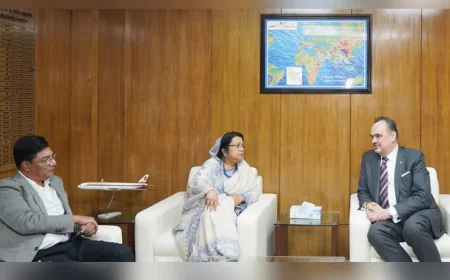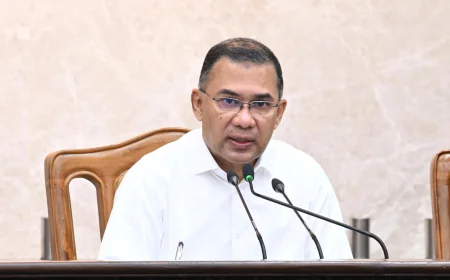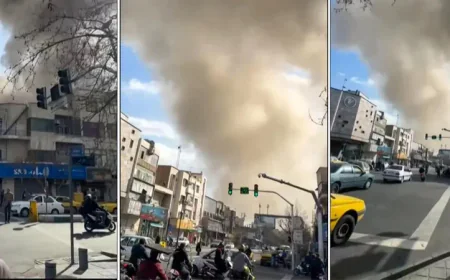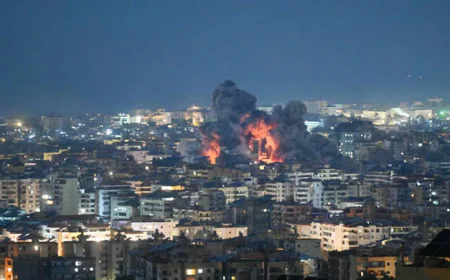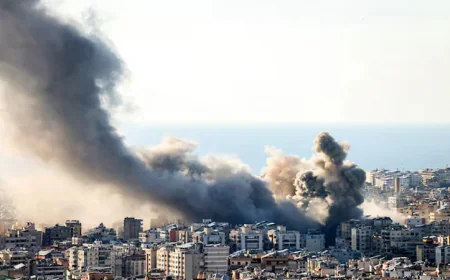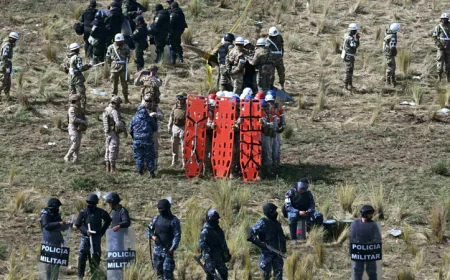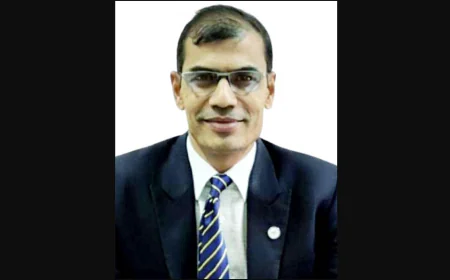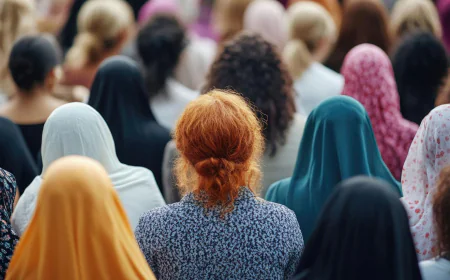Shining a Light in Darkness
The International Day of the Victims of Enforced Disappearances

Every year on 30 August, the world pauses to remember the countless men and women who have vanished under the shadow of state authority or political conflict. The International Day of the Victims of Enforced Disappearances is not merely a date on the calendar but a piercing reminder of the silent terror endured by those who are abducted, hidden away, and stripped of their basic human rights. It is equally a day of mourning for the families left in limbo, unable to know whether their loved ones are alive or dead, carrying the unbearable burden of uncertainty.
This observance was born out of a recognition that enforced disappearance is not just another violation—it is a strategy of fear, a deliberate attempt to erase individuals from the fabric of society while simultaneously tormenting their families. The disappeared are denied justice, but so too are their relatives, who face years, sometimes lifetimes, of waiting for answers. The scars of such crimes often last for generations.
The United Nations, by dedicating this day, has sought to give voice to the voiceless. It calls attention to the ways in which governments and institutions sometimes misuse power to silence dissent, punish opposition, or control communities. Beyond the political calculations, the impact is deeply human: children grow up without parents, spouses live in uncertainty, and entire communities are destabilized by fear.
International law has made clear that enforced disappearances are never acceptable, not in times of peace, not in war, not under any excuse of emergency. The international convention adopted to prevent this crime recognizes it as one of the gravest violations of human dignity, one that may even amount to a crime against humanity when carried out systematically. The very existence of this framework is proof that the world has tried to build a shield against such abuses. Yet, despite treaties and resolutions, the practice persists in many parts of the globe, sometimes hidden in bureaucracy, sometimes justified under the guise of national security.
The importance of this day, therefore, lies not only in remembrance but also in a call to action. Each year, the message resonates: families have the right to know the fate of their loved ones, victims have the right to justice, and societies have the obligation to ensure accountability. Where impunity prevails, the cycle of fear continues, undermining the foundations of trust between people and their institutions.
This year’s observance comes with renewed urgency. Human rights defenders, international organizations, and families of victims are uniting their voices more strongly than ever, demanding truth, reparations, and accountability. They remind us that disappearance is not simply the absence of a person—it is a wound to the very spirit of humanity. Healing requires truth, recognition, and justice.
Ultimately, commemorating the International Day of the Victims of Enforced Disappearances is an act of resistance against silence. It is an affirmation that every life matters, that no state can rightfully claim the power to erase its citizens without consequence, and that memory itself is a form of justice. As the world marks this day, we are reminded that our responsibility does not end with reflection. It demands persistent effort to ensure that such crimes are neither forgotten nor repeated, and that every missing face is met with the dignity of remembrance and the pursuit of truth.

